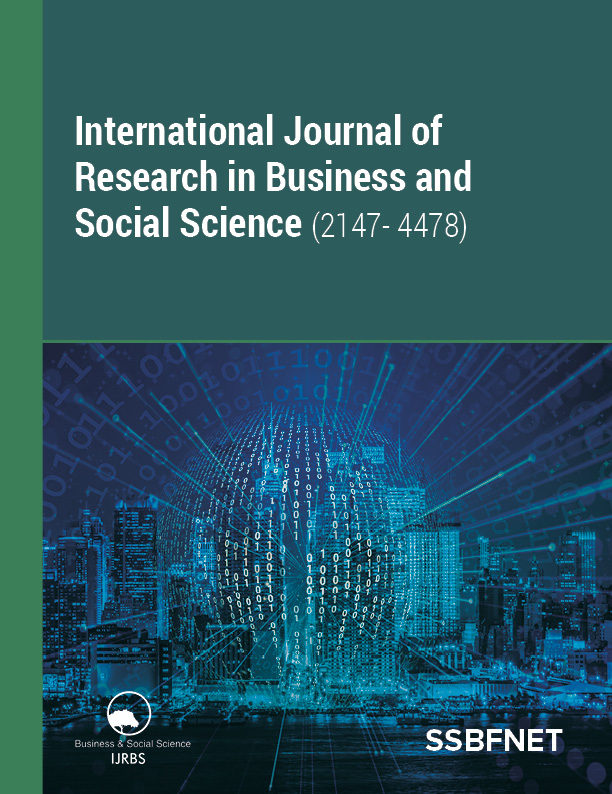
International Journal of Research in Business and Social Science
Yazarlar: Muriu Stephen Macharia
Konular:
Anahtar Kelimeler:Career Guidance,Transition rate,Career acquisition
Özet: Vocational and Technical Education forms a very key foundation in enabling a nation to achieve aspired MDGs and SDG. Kenya as a country highly depends on technical skills to achieve the Vision 2030 and Sustainable Development Goals. However, this can only be achieved through proper and realistic career counseling information provided by the counseling teachers at the secondary school level. According to KCSE results released every year, the majority of the candidates score below grade C+ especially in 2016 and 2017 though above D- which is the requirement for entrance for proficiency level for TVET courses. However, the majority of students do not join Vocational or Technical Education due to a missing link between the natures of career counseling services offered at the secondary school level. Counselors have expectations and premise that the majority of the candidates join training at university levels thus package their counseling information on the few ignoring other students. The objective behind this study was to examine the final results scored by students and the subject choice at secondary school, various career theories, and models that guide career choices formed the foundation for the study. The study used a descriptive design where data was collected through past existing data review from KNEC and one Technical Training Institute over a period of four years. Data was analyzed and presented in tables and figures. Findings revealed that the majority of the candidates (86.92%) of the KCPE candidates scored less than C+ and had no career information on Vocational and Technical Education. The study recommends reengineering of the career guidance in Kenya education system to involve the Ministry, professionals and Human Resource Management experts.